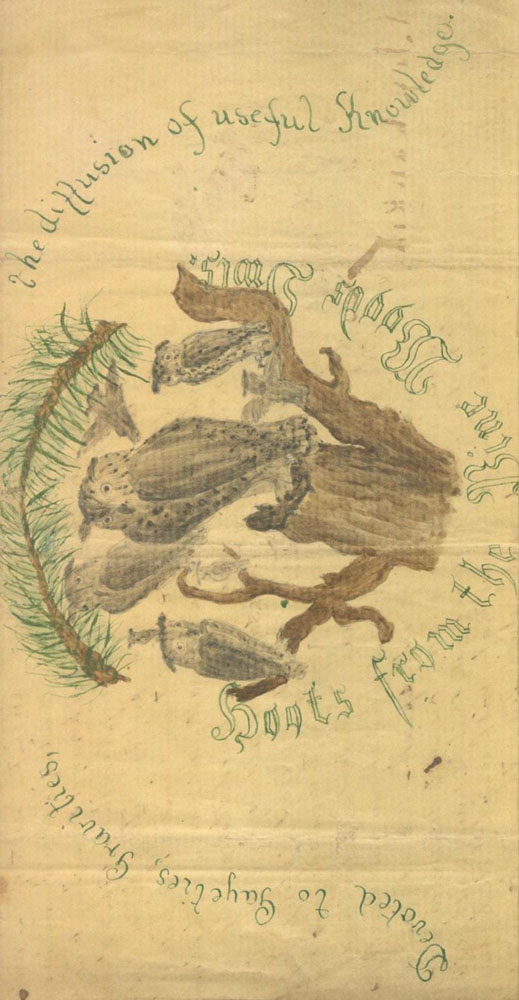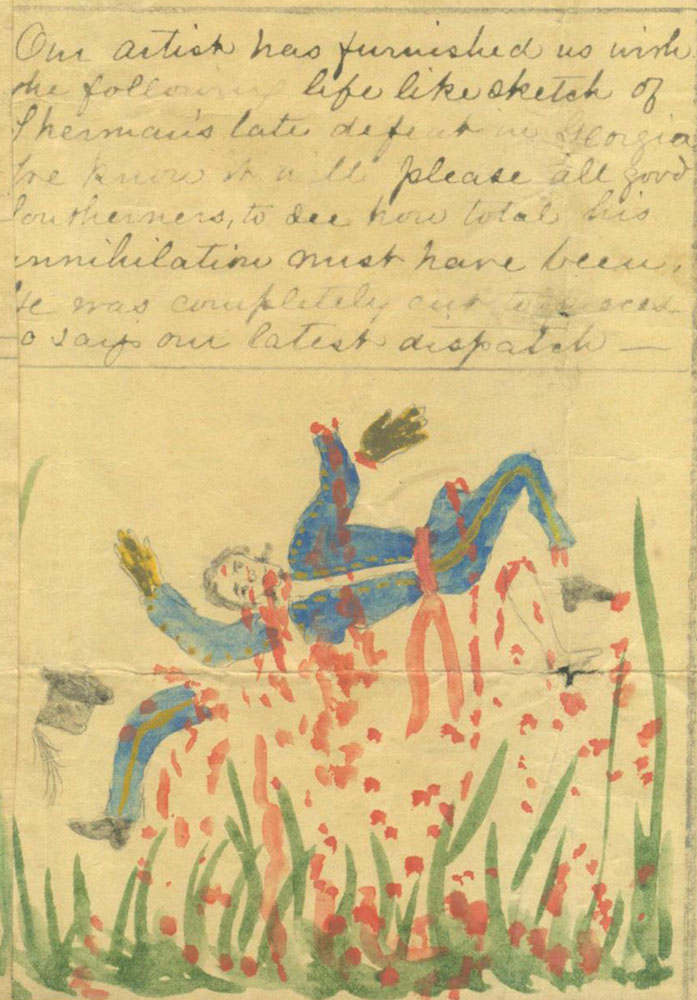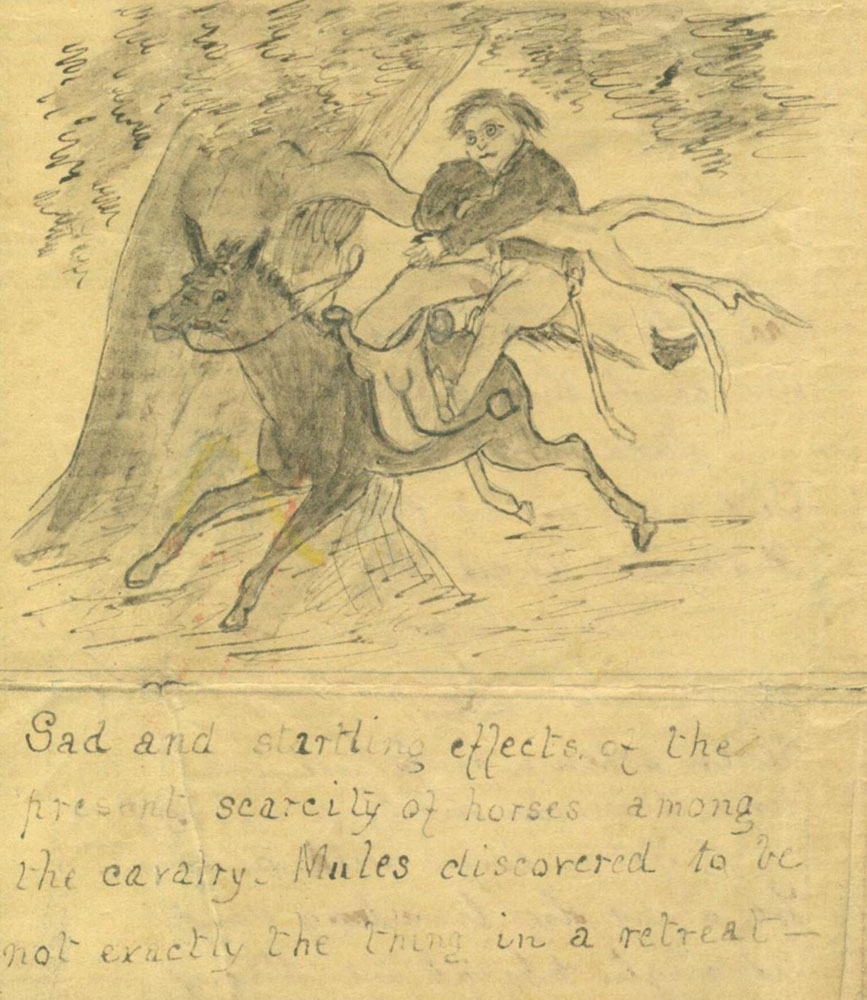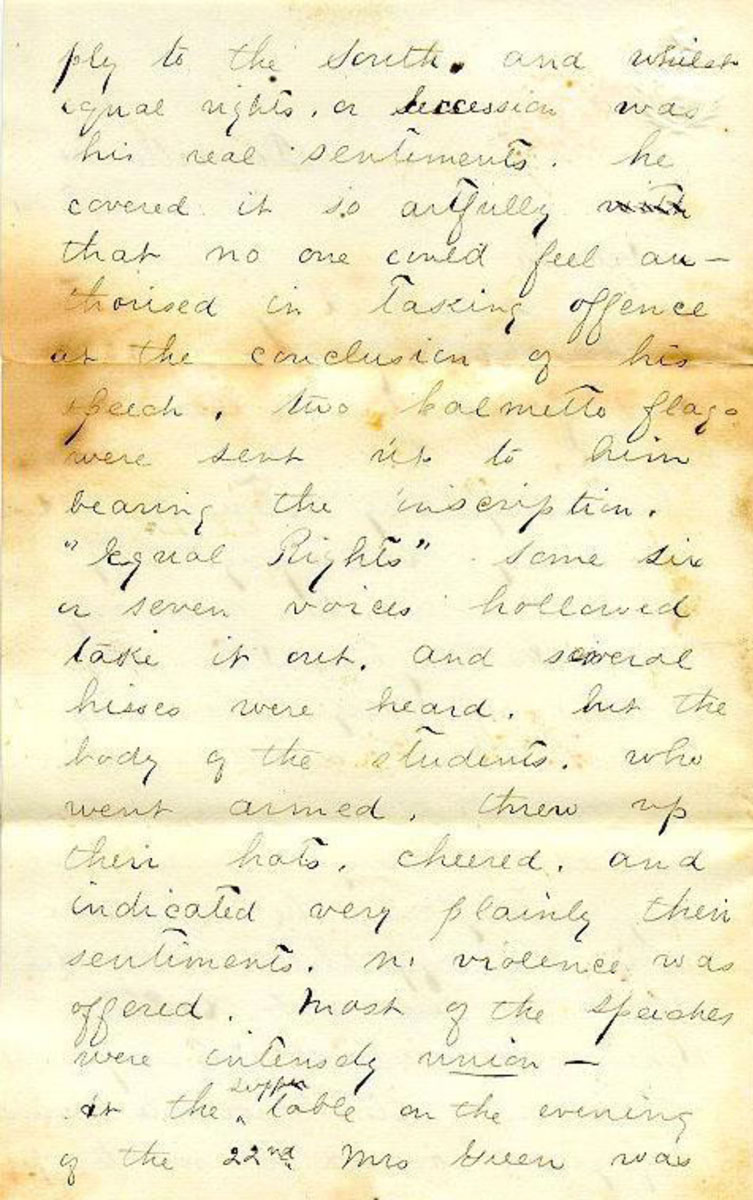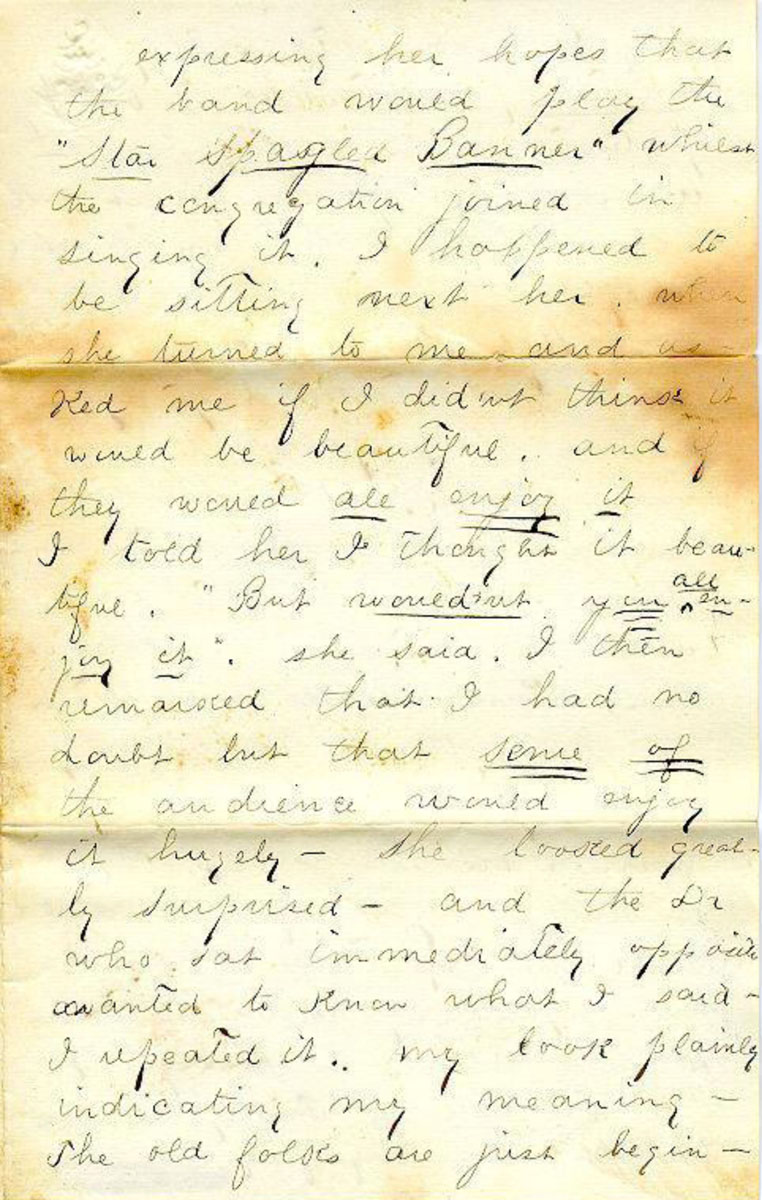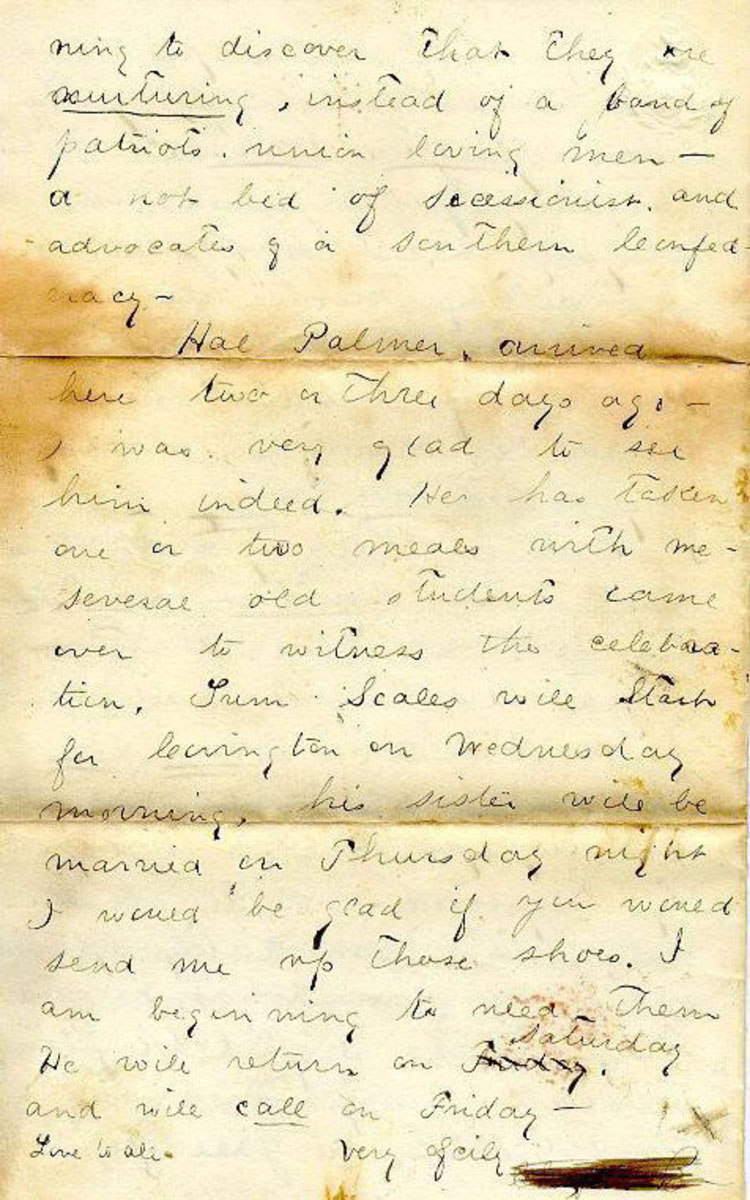Neither Northern nor Southern
Centre College During the
Antebellum Era and the Civil War
By Laura Garrett
Centre Support for the Union and the Confederacy
"Utter madness, raving insanity, has ruled the hour, and men born to be brothers have fallen to cutting each other's throats ..." So said Robert J. Breckinridge, politician and brother to Centre's sixth president, about the Civil War. The Civil War's impact on Centre was to create truly utter madness: in the 1861-62 school year, the year the war began, there was a dramatic increase in the number of students expelled for fighting with knives and pistols. Classmate fought against classmate as students chose either the Confederate or the Union side; many students left Centre soon after the War began to join the military or to be with their families.3 Breckinridge was correct in stating that brothers were fighting each other: all thirteen members of the Delta Kappa Epsilon fraternity left school to enlist, some with the Union army and some with the Confederacy.
Not all students were engaging in physical fights, however: since the mid-1850s, the school's literary societies had been debating such topics as "Has the state a right to secede from the Union?" Students were split on the resolutions of these debates.
While Centre students were divided along Union and Confederate lines, the faculty was resoundingly Union. One Confederate chaplain wrote that it would be impossible to rally Danville to join the Confederacy, for Danville "contains the worst community in the State. The faculty of Centre College ... are a nest of unclean birds, all of the [Robert J.] Breckinridge plume and bill." Math professor Robert Patterson left the school in 1862, fearing that he would be forced into joining the Confederate army. He had been arrested and released by the Confederacy once before. Professors James Matthews and Jacob Cooper both left in 1862 to join the Union army, Cooper as a chaplain.4
3 "Minutes of the Faculty of The Centre College of Kentucky," 1863-1876, 18-22, 53-60.
4 "Minutes of the Faculty" 40-41.
